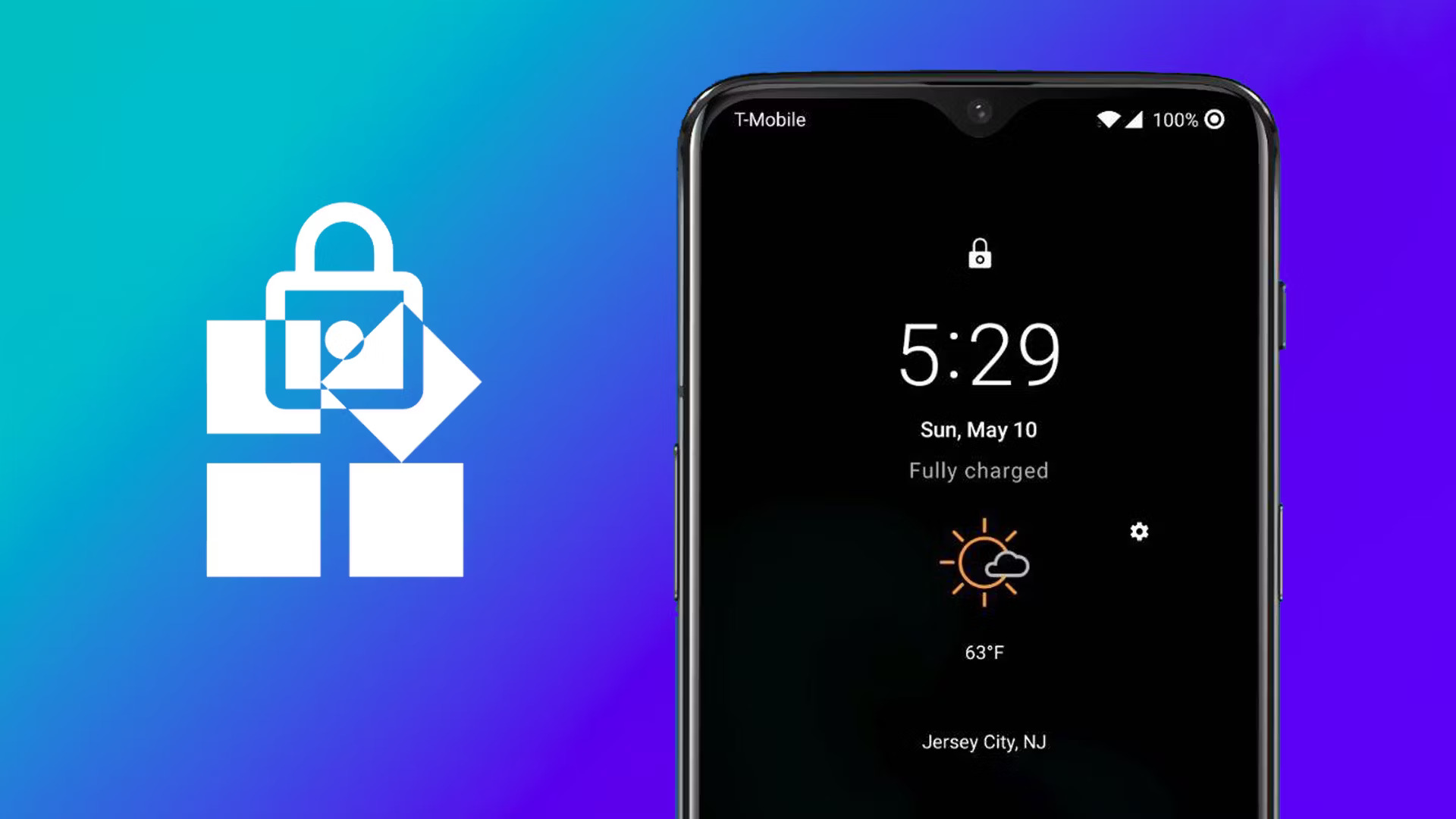Home>Software and Apps>Android Leaks Traffic with Always-On VPN


Software and Apps
Android Leaks Traffic with Always-On VPN
Modified: September 5, 2024
Protect your Android device from leaks with Always-On VPN. Keep your traffic secure while using software and apps. Stay safe online!
(Many of the links in this article redirect to a specific reviewed product. Your purchase of these products through affiliate links helps to generate commission for Techsplurge.com, at no extra cost. Learn more)
Table of Contents
Understanding the Issue
Read more: The Power of Android Augmented Reality
Connectivity Checks
Android devices perform connectivity checks when connecting to new WiFi networks. These checks ensure the network can support internet access by sending data outside the secure VPN tunnel. This process, while necessary for functionality, poses a privacy risk.
Design Choice vs. User Expectations
Google designed Android to leak certain types of traffic, arguing that preventing these leaks would confuse users. However, security experts and users expect comprehensive protection from their VPNs, leading to skepticism about Google's explanation.
Implications of the Traffic Leak
Potential Threats
Leaked data can reveal sensitive information, such as the location of the WiFi access point. This information, combined with other data points, can de-anonymize users, posing significant risks for those relying on VPNs for privacy.
Read more: VPN-Enabled Data Leaks: A Troubling Reality
Exploitation Risks
Network administrators and sophisticated threat actors can exploit leaked traffic data. For example, attackers controlling connectivity check servers can observe and analyze traffic, potentially revealing user identities despite VPN usage.
Workarounds and Mitigations
Disable Connectivity Checks
One effective way to prevent traffic leakage is by disabling connectivity checks. Users can achieve this using the adb shell command to set captive_portal_mode to 0, reducing data leakage outside the VPN tunnel.
Custom ROMs and Specialized Operating Systems
Custom ROMs like GrapheneOS offer additional privacy and security features. GrapheneOS, for instance, provides the option to disable connectivity checks by default, minimizing data leakage risks.
Read more: Unlocking Android TV’s Potential with VPN
Current State and Future Developments
Mullvad VPN has reported the issue to Google, suggesting updates to documentation and the ability to disable connectivity checks by default. Google's response has been that this behavior is intended, but this stance has faced criticism from security experts.
Recommendations for Users
- Disable Connectivity Checks: Use the
adb shellcommand to setcaptive_portal_modeto 0. - Use Custom ROMs: Consider custom ROMs like GrapheneOS for enhanced privacy and security.
- Stay Updated: Keep VPN apps and operating systems updated with the latest security patches.
- Be Aware: Understand VPN limitations and take necessary precautions to minimize risks.
By staying informed and taking proactive steps, users can better protect their privacy and security on Android devices despite inherent design choices leading to traffic leaks.













